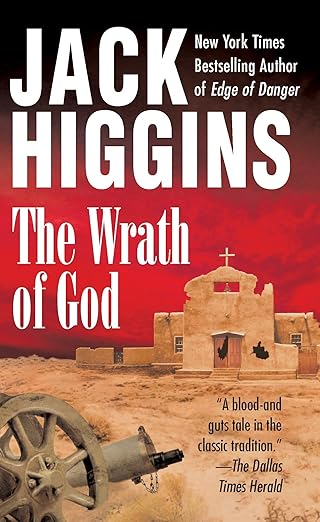 Though he
had always been a careful planner, life on the frontier had long ago convinced
him of the fragility of plans. The truth was, most plans did fail, to one
degree or another, for one reason or another. He had survived as a Ranger
because he was quick to respond to what he had actually found, not because his
planning was infallible.
Though he
had always been a careful planner, life on the frontier had long ago convinced
him of the fragility of plans. The truth was, most plans did fail, to one
degree or another, for one reason or another. He had survived as a Ranger
because he was quick to respond to what he had actually found, not because his
planning was infallible.
What can be
said of a book that is likely familiar to most?
It can be
wagered that many know it by reputation or from viewing of many of its TV
incarnations.
It would be
a shame if that passing familiarity were all that were tasted as a deep dive
into the hundreds of pages of this novel pays rewards in ways that the moving image
cannot, no matter how well that image is limned.
Let’s take
one scene, from both, one that likely most viewers are familiar with, the river
crossing that ends in the tragic death of a young Irish cowboy by multiple
snakebite.
Call
knelt by the boy, helpless to do one thing for him. It was the worst luck — to
come all the way from Ireland and then ride into a swarm of water
moccasins.
Call said
nothing. The boy’s age had nothing to do with what had happened, of course;
even an experienced man, riding into such a mess of snakes, wouldn’t have
survived. He himself might not have, and he had never worried about snakes. It
only went to show what he already knew, which was that there were more dangers
in life than even the sharpest training could anticipate. Allen O’Brien should
waste no time on guilt, for a boy could die in Ireland as readily as elsewhere,
however safe it might appear.
‘It seems
too quick,’ he said. ‘It seems very quick, just to ride off and leave the boy.
He was the babe of our family,’ he added.
‘If we
was in town we’d have a fine funeral,’ Augustus said. ‘But as you can see, we
ain’t in town. There’s nothing you can do but kick your horse.’
The novel
has a depth that strikes one as more than mere entertainment. Truly one for the
ages.





